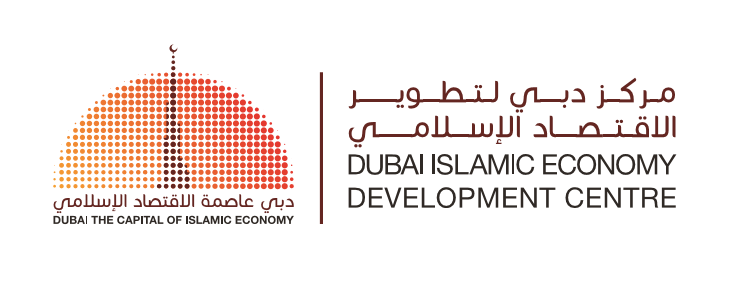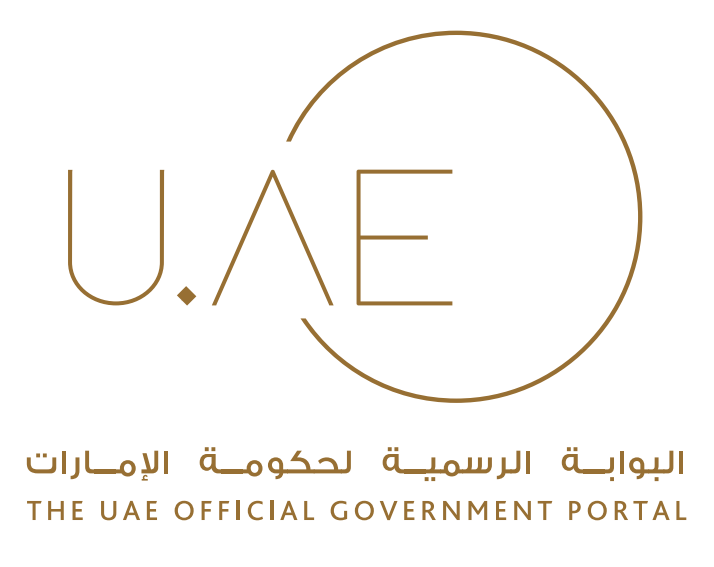The Dubai Islamic Economy Development Centre (DIEDC) recently held its third virtual board meeting of 2020. Chaired by His Excellency Sultan bin Saeed Al Mansouri, Chairman of DIEDC, the meeting convened all the members of the Centre’s board and reviewed the progress of strategic initiatives made in 2020.
His Excellency Sultan bin Saeed Al Mansouri reiterated that the Islamic economy is increasingly demonstrating the need to adopt sustainable practices, especially in times of crises. He noted that the world is going through unprecedented challenges following the outbreak of the COVID 19 pandemic and the resulting precautionary measures taken to mitigate its spread, including a partial closure of economic activities in most countries of the world.
Long-term Development
His Excellency said: “The Islamic economy gains in value in times of crises, serving as a solid pillar of a stable economy based on the concept of sustainable growth. It is more than a just and transparent economic system that achieves the required balance in wealth accumulation and distribution. In doing so, it supports the goals of comprehensive and long-term development. As it contributes to sustainable growth, it also strongly commits to the goals of real development, yielding results that meet the aspirations of all nations and citizens, regardless of differences in factors or circumstances.”
He added that the Islamic economy’s increasing contribution to Dubai’s GDP, thanks to some great local successes in this sector, has effectively led to consolidating Dubai’s position as the global capital of the Islamic economy and a point of convergence for all stakeholders.
Dubai has also successfully positioned itself as a prestigious regional centre that offers significant opportunities to traders and investors. Through providing an attractive and effective ecosystem with facilities and incentives to national and foreign venture capitalists looking for viable investment opportunities, it enables them to achieve the highest levels of economic growth and showcase the pioneering Dubai experience as a model for diversifying the economy and creating new sectors with promising growth prospects.
An Accurate Forward-looking Vision
His Excellency Al Mansouri added that the growing global uptake for the Islamic economy in light of the current circumstances is testament to the vision of His Highness Sheikh Mohammed bin Rashid Al Maktoum, Vice President and Prime Minister of the UAE and Ruler of Dubai, who launched the Dubai: Capital of the Islamic Economy initiative in 2013. The initiative harnessed Dubai's advantages to enhance the growth of the sector and explore opportunities that contribute to its global sustainability. In doing so, it leveraged Dubai’s position as a major partner and influencer in the global economy, with assets qualifying it to play a leading role in the development of the Islamic economy.
He confirmed that DIEDC, along with its strategic partners involved in implementing the Dubai: Capital of the Islamic Economy strategy, will continue to achieve the leadership’s vision for this initiative and consolidate the leading global position of Dubai and the UAE in shaping innovative initiatives and adopting policies that contribute to improving the performance of the Islamic economy. Through such efforts, the Islamic economy can continue to provide practical and effective solutions to meet global financial and economic challenges.
His Excellency Al Mansouri noted that the strategy is witnessing remarkable progress and is on track to achieving the objectives set for 2020, due to the close cooperation and teamwork between the Centre and its strategic partners from the public and private sectors. He added that this spirit of collaboration has a positive impact on the overall industry, not only in boosting its contribution to the GDP, but also in its ability to attract more international partners.
For his part, His Excellency Essa Kazim, Secretary General of DIEDC, stressed that Islamic economy sectors are performing well despite the prevailing challenges.
He also noted that in the context of the current circumstances, the world has become more aware of the importance of Islamic economy, especially of its just principles that prioritise basic commodities and real sectors to meet people’s every day needs, including food, beverages and clothing. In essence, Islamic economy is an ethical economy that supports comprehensive and sustainable development.
State of the Global Islamic Economy
DIEDC’s board also received updates on the eighth State of the Global Islamic Economy Report that will be published in November 2020. The report is a reliable global reference for Islamic economy. As in previous editions, it will explore carefully defined opportunities for each of the sectors covered, with clear recommendations for governments, companies and investors, and with a special focus on the growth of startups and Islamic digital ventures, particularly in the fintech space. Developed by DinarStandard, a research and advisory firm and one of DIEDC’s strategic partners, the report will be published in English, with executive summaries available in Arabic, French, Indonesian and Spanish. Several virtual events and webinars will accompany its launch in many major cities across the globe.
DIEDC’s board also discussed the GIES Virtual Series that is organised in collaboration with the Centre’s strategic partners, to prepare for the upcoming Global Islamic Economy Summit in 2021. With four webinars already held to date, the virtual series that aims to enhance Dubai’s position as a leading destination and global capital of Islamic economy, is set to continue until end-2020.
With the participation of leading local, regional and international industry experts, the virtual webinars have highlighted many topics of interest to Islamic economy stakeholders. These include the advantages of developing a unified global legislative framework for the Islamic finance sector, the future of the halal food sector that continues to thrive despite the disruptions to supply chains due to the measures taken to limit the global spread of COVID-19, the future of the job market and skillsets likely to witness greater demand in the future, and the opportunities and challenges in the sukuk market. The fifth webinar, which is scheduled for Tuesday, 13 October at 11am (UAE time), will discuss the new era of the digital retail sector in light of COVID-19.
Strategic Developments
For his part, Abdulla Mohammed Al Awar, CEO of DIEDC, briefed the board on the recent developments of the Dubai: Capital of the Islamic Economy strategy. He highlighted the initiatives that will be launched through the remainder of the year while elaborating on the progress made in other strategic initiatives.









 For an optimal experience please
For an optimal experience please